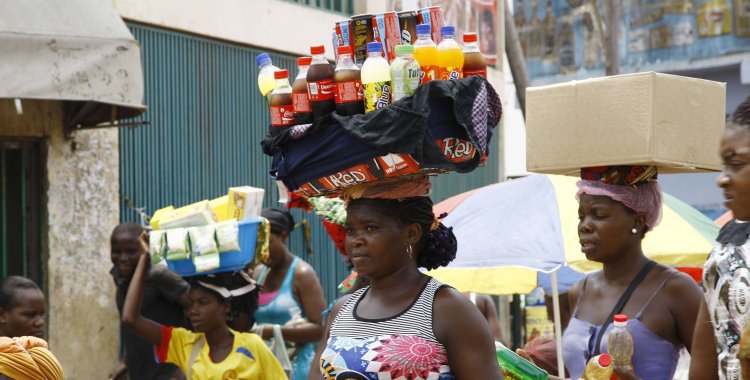According to the annual report of the National Bank of Angola (BNA), consulted by Lusa, the value of Angolan imports decreased by 13 percent in 2023 compared to the previous year, to 15 billion dollars (14 billion euros), highlighting the decrease in imports of food (33 percent), chemical products and fuels.
China represented 15 percent of the total value of imports, with 2.3 billion dollars (2.7 billion dollars in 2022), followed by Portugal with 1.6 billion dollars (1.5 billion of euros) which compares to the 1.9 billion dollars (1.8 billion euros) sold in 2022
Portugal, which represents 10.89 percent of the total value of Angola's imports, mainly sold machines, mechanical and electrical appliances, chemical products and food.
Both China and Portugal lost ground due to the increase in imports from other sources, which increased in 2023, such as the United Arab Emirates, the United States of America and the United Kingdom.
India remained stable in third place, with 1.09 billion dollars, which represented 7.19 percent of the total imported in 2023.
The central bank report for 2023 reports on a year marked by inflation dynamics in the first half of the year.
With the reduction of state subsidies for gasoline, the exchange rate shock resulted in a depreciation of the national currency against the dollar in the order of 13.08 and 29.07 percent in the months of May and June, respectively, which forced the interrupt the easing of monetary policy and keep rates unchanged until the fourth quarter, in the face of inflationary pressures.
The prices of goods and services in the national economy were marked by a persistent acceleration in the second half of the year, changing the deceleration profile observed in 2022.
Annual inflation was 20 percent, with the “Food and Non-Alcoholic Beverages” class weighing heavily on this performance.
"The slowdown in the growth rate of the non-oil sector, below the population growth rate, associated with the depreciation of the national currency and the reduction in imports, particularly food, has accentuated the imbalance between supply and demand for goods and services in the economy", states the BNA document







